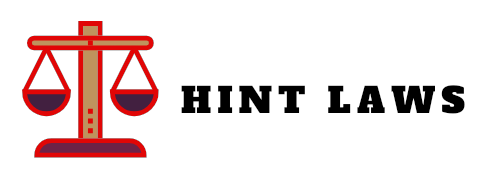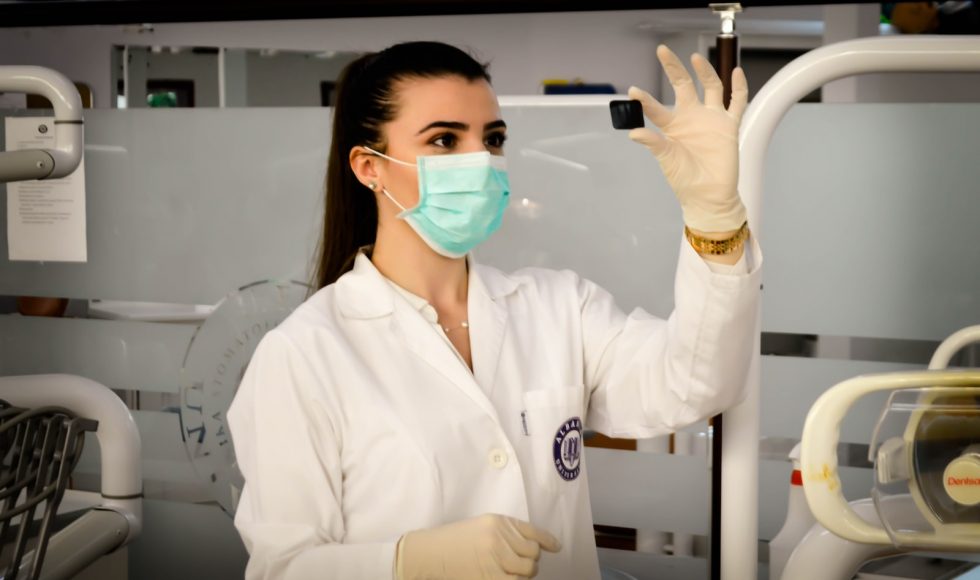Dental professionals work in a highly regulated field, with strict rules and regulations governing their practice. In the event of a complaint or disciplinary process, it is essential that dental professionals are aware of what to expect throughout this process. This article will discuss how to navigate the complaints and disciplinary processes for dental professionals, outlining key steps and considerations along the way. It will provide an overview of rights and responsibilities when responding to complaints or facing discipline, as well as guidance on how best to prepare for any potential proceedings. By understanding these processes, dental practitioners can ensure they receive fair treatment while protecting themselves from unnecessary harm or risk.
Respond To The Complaint
When a complaint is lodged against a dental professional, it is important to take the process of responding seriously. An appropriate response should involve acknowledging receipt of the complaint and ensuring that all parties are aware of their roles in resolving the issue. The dental professional should be proactive in gathering relevant information as soon as possible while also expressing interest in finding an amicable solution to the dispute.
The dental professional may seek advice from other professionals or legal counsel prior to responding formally. It is essential for them to respond within the required timeframe and include details such as medical records, prescriptions, billing statements, emails, etc., depending on the type of complaint. Furthermore, any clarification or additional evidence provided by either party must be accompanied by signed release forms for confidentiality purposes.
Notify Your Professional Indemnity Insurance Provider
When facing a complaint or disciplinary process, it is important to notify your professional indemnity insurance provider as soon as possible. This will ensure you are able to access the necessary advice and resources required for an effective defense. Professional indemnity insurance providers typically have dedicated teams of lawyers who understand the legal implications of such processes, and can provide guidance on strategies for responding effectively. When engaging these services, dental professionals should be aware that their insurer may require them to contact them before taking any action in response to the complaint or discipline procedure. Additionally, insurers may impose certain limits on expenses incurred by the dental professional during the course of proceedings.
In light of this, it is recommended that dental professionals familiarize themselves with the terms and conditions of their policy prior to notifying their insurer about the complaint or disciplinary process they face. Doing so will allow them to make more informed decisions regarding how they respond and seek assistance when navigating through such procedures.
Contact The Dental Board Of Australia
The Dental Board of Australia (DBA) is the governing body that oversees the regulation and registration of dental professionals in Australia. It is important to contact the DBA when navigating a complaint or disciplinary process, as it can provide guidance on potential outcomes and advice on professional conduct. The board offers information about its role, responsibilities and objectives via their website, which also contains links to state-based regulatory bodies for further advice.
In addition, registered dentists must inform the DBA within 14 days if they become subject to any investigations by authorities such as police services or health ombudsman. This ensures that all parties involved in a dispute are aware of each other’s actions and provides an opportunity for resolution before formal action is taken against a practitioner. Furthermore, those under investigation may be directed to seek independent legal advice alongside support from the board.
Cooperate With The Investigation
The process for a complaint or disciplinary action against dental professionals begins with an investigation. During the investigation, it is important that dentists cooperate and provide information to investigators in order to ensure accuracy and fairness of the outcome. Dentists should be prepared to answer questions honestly and accurately, while also providing any relevant documents requested by investigators. All records related to patient care should remain confidential throughout the investigation.
It is beneficial for dentists to have legal representation during this process as they might need assistance understanding their rights and responsibilities under state law. Legal counsel can help them understand any potential consequences of certain actions taken during the course of the investigation, including possible termination from employment. Additionally, having an attorney present may protect them from being coerced into making statements that could later be used against them in court proceedings.
Attend A Hearing
After cooperating with the investigation, it is important for dental professionals to attend hearings related to their complaint or disciplinary process. Hearings are typically held before a board of peers or governing body and provide an opportunity for both sides to present evidence and arguments in support of their position. It is essential that all parties adhere to professional standards of conduct during the hearing; speaking respectfully and honestly while presenting facts and not engaging in name calling or other inappropriate behavior.
When attending a hearing, it is important to bring any documents, letters, emails, notes or relevant materials pertaining to the case at hand. This can include contracts, records of payment made by either side, dispute resolution agreements or communications between the two parties involved in the dispute. All information should be organized prior to attending the hearing so that it can be presented easily when requested by members of the board. Additionally, having another individual available who has knowledge about the issue may also be helpful if questions arise which require additional clarification.
Follow Any Orders Or Sanctions
Compliance with orders and sanctions is a crucial part of the complaint and disciplinary process for dental professionals. Following any instructions or requirements that have been issued by regulatory bodies is essential to ensure adherence to professional standards and maintain compliance with relevant laws. If an individual fails to follow these orders, they can face further consequences such as suspension from practice, fines, revocation of license, or criminal prosecution. It is important for individuals in this profession to understand their responsibilities under any applicable laws and regulations when facing disciplinary action.
It is also recommended that all dental professionals seek legal advice before agreeing to comply with any orders issued following a complaint investigation. This will help them gain insight into the situation and determine what course of action is best suited for the particular case. In some instances, it may be possible to negotiate alternative outcomes or dispute the findings if there are grounds present which could support such a decision. Negotiating alternatives could result in different penalties being imposed on the accused party while still allowing them to continue practicing within their field of expertise.
Conclusion
Ultimately, navigating the complaints and disciplinary process for dental professionals requires patience, understanding and expertise in order to ensure proper outcomes are achieved consistently. With knowledge of applicable laws, guidelines and protocols, plus access to appropriate support services if needed, dental professionals will have better chances of successfully resolving matters before them without compromising their professional standing or reputation.

